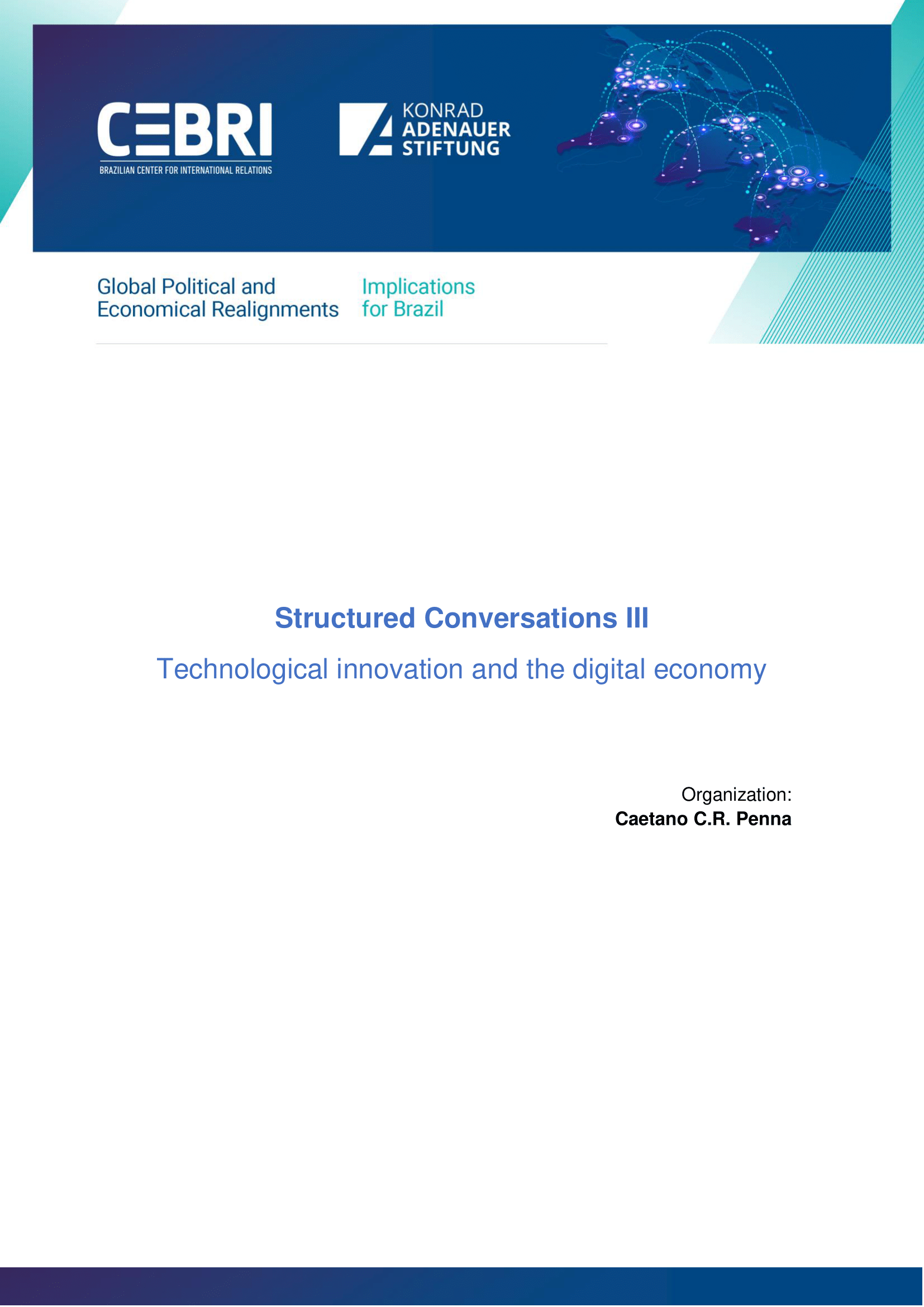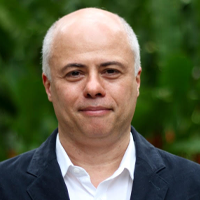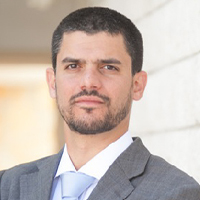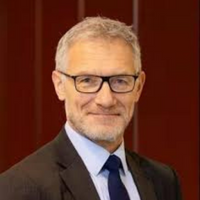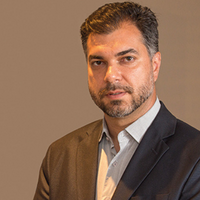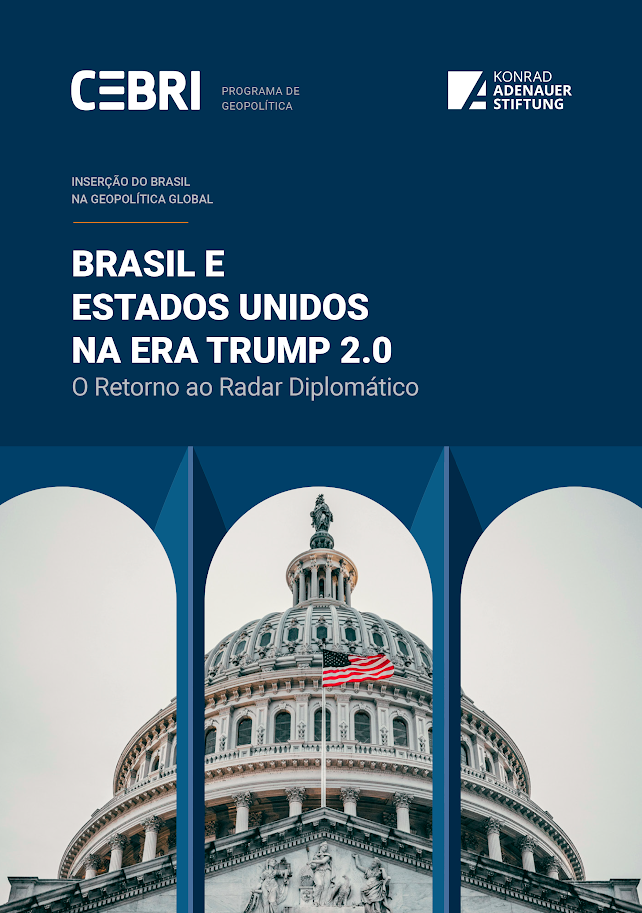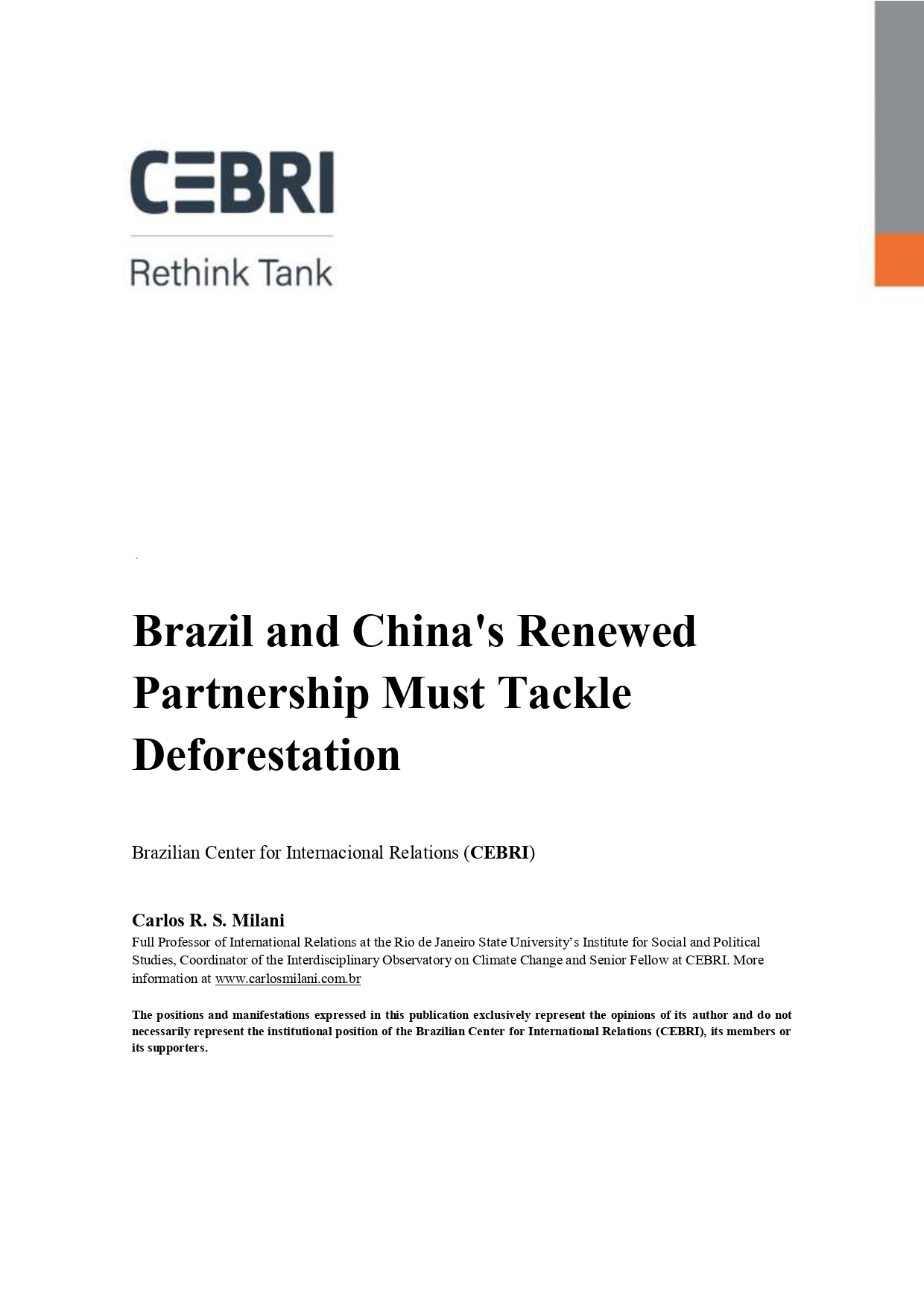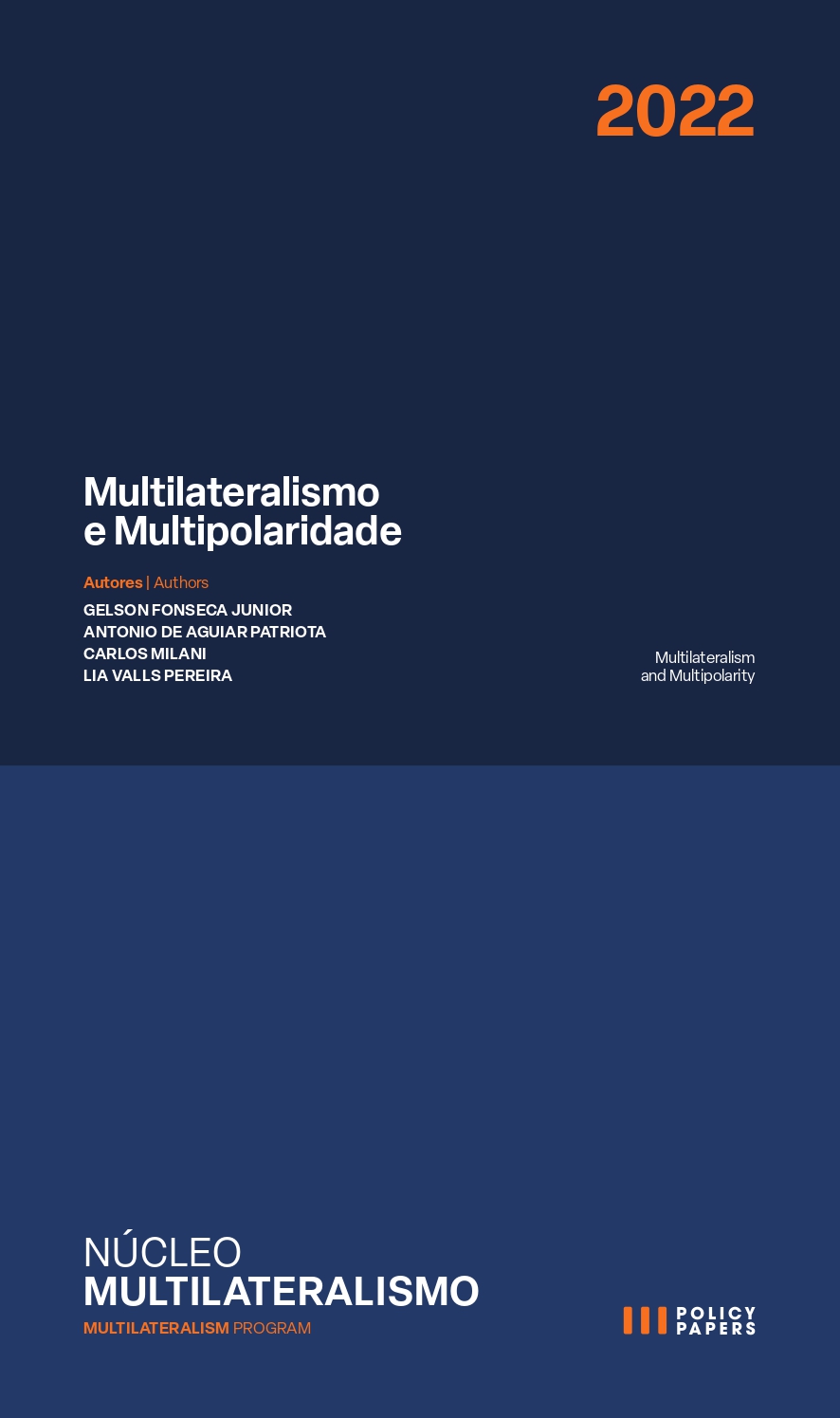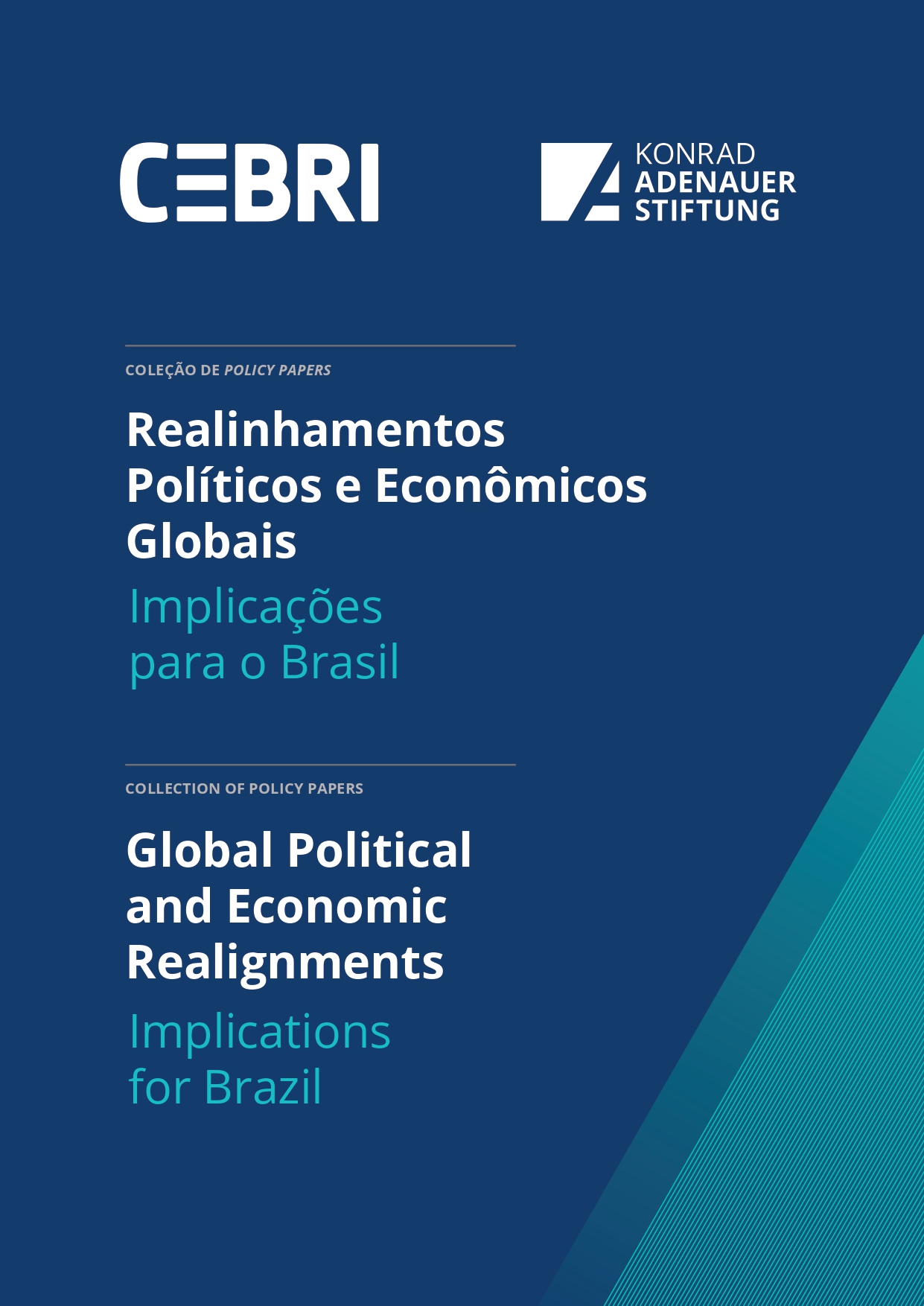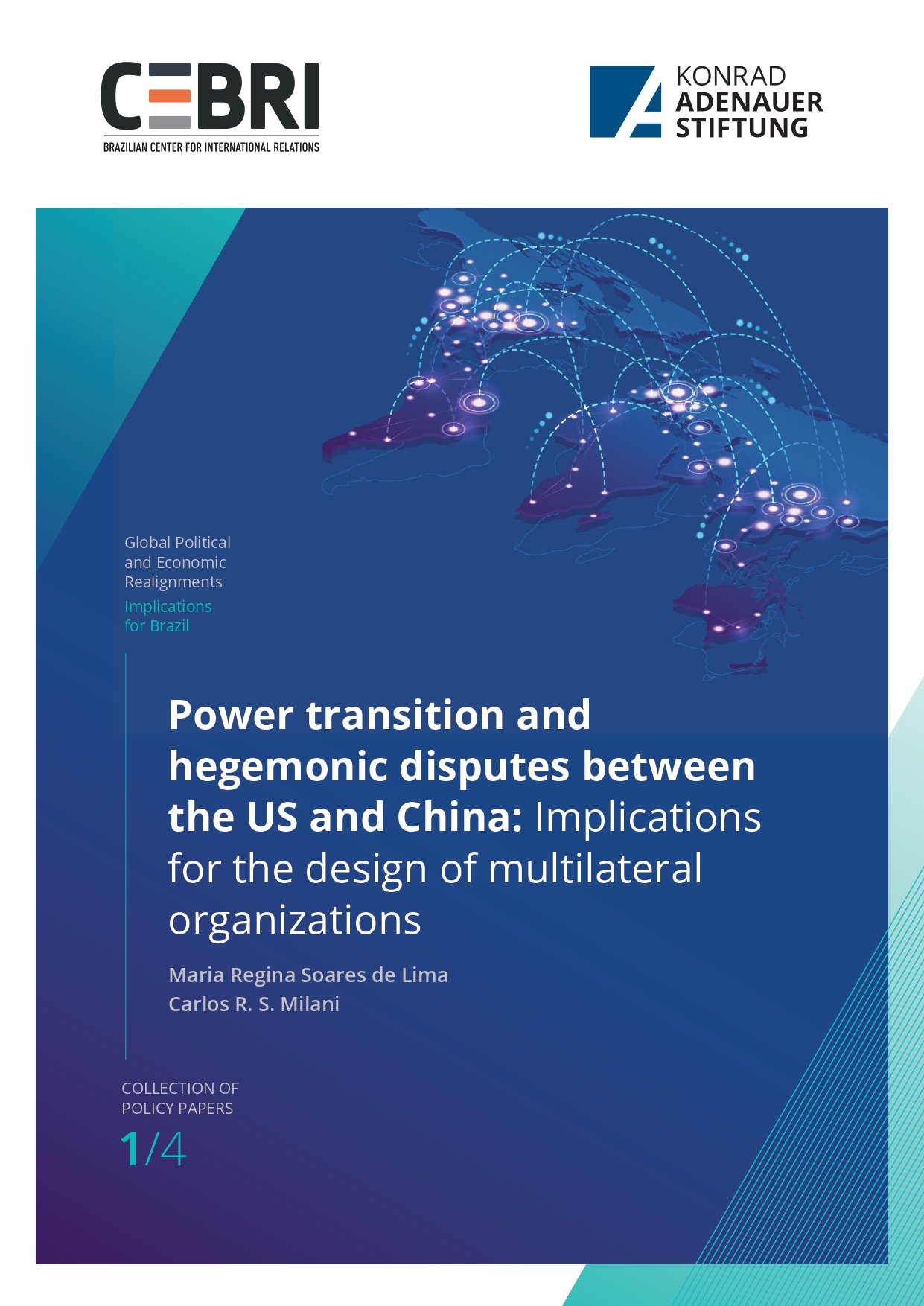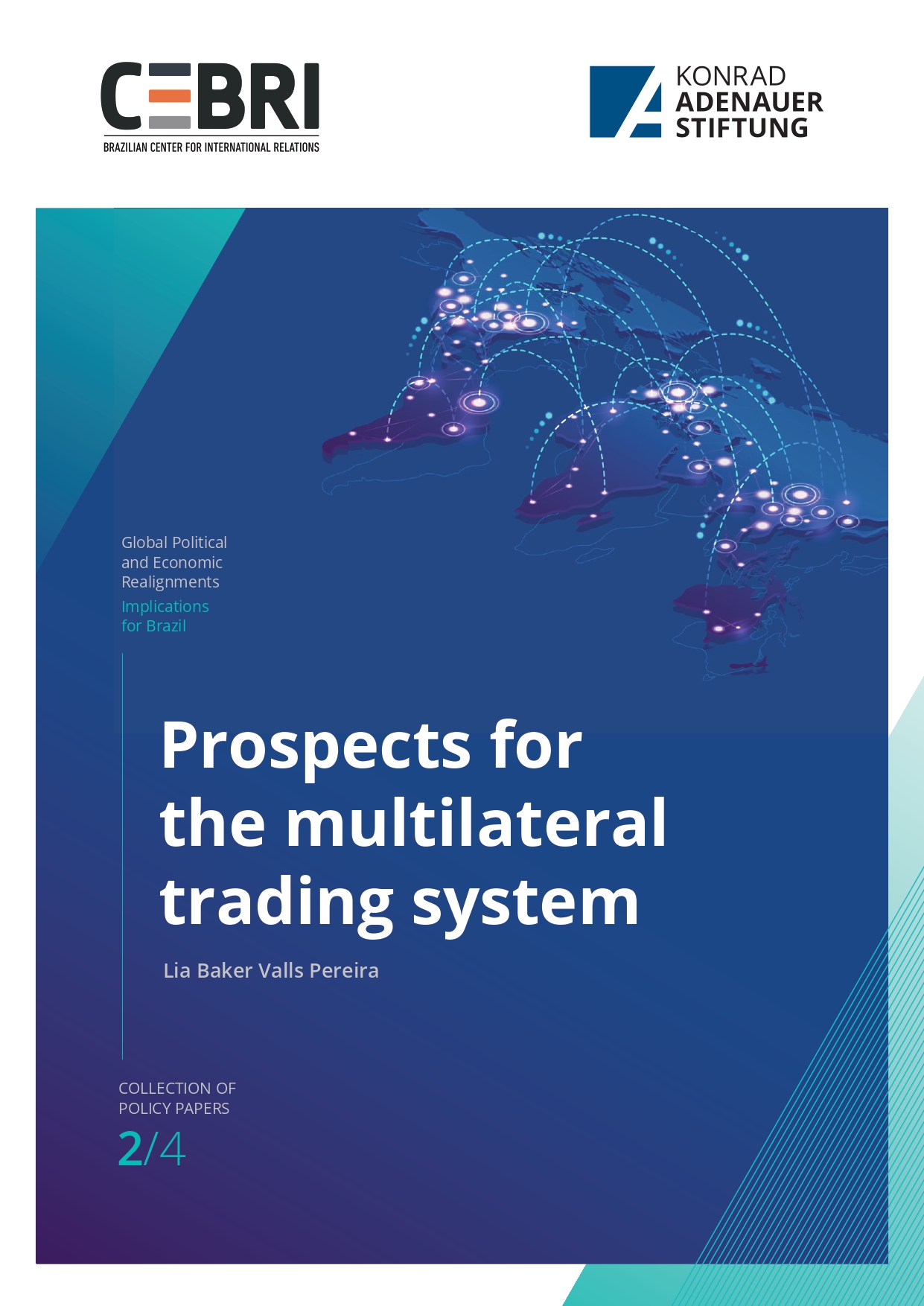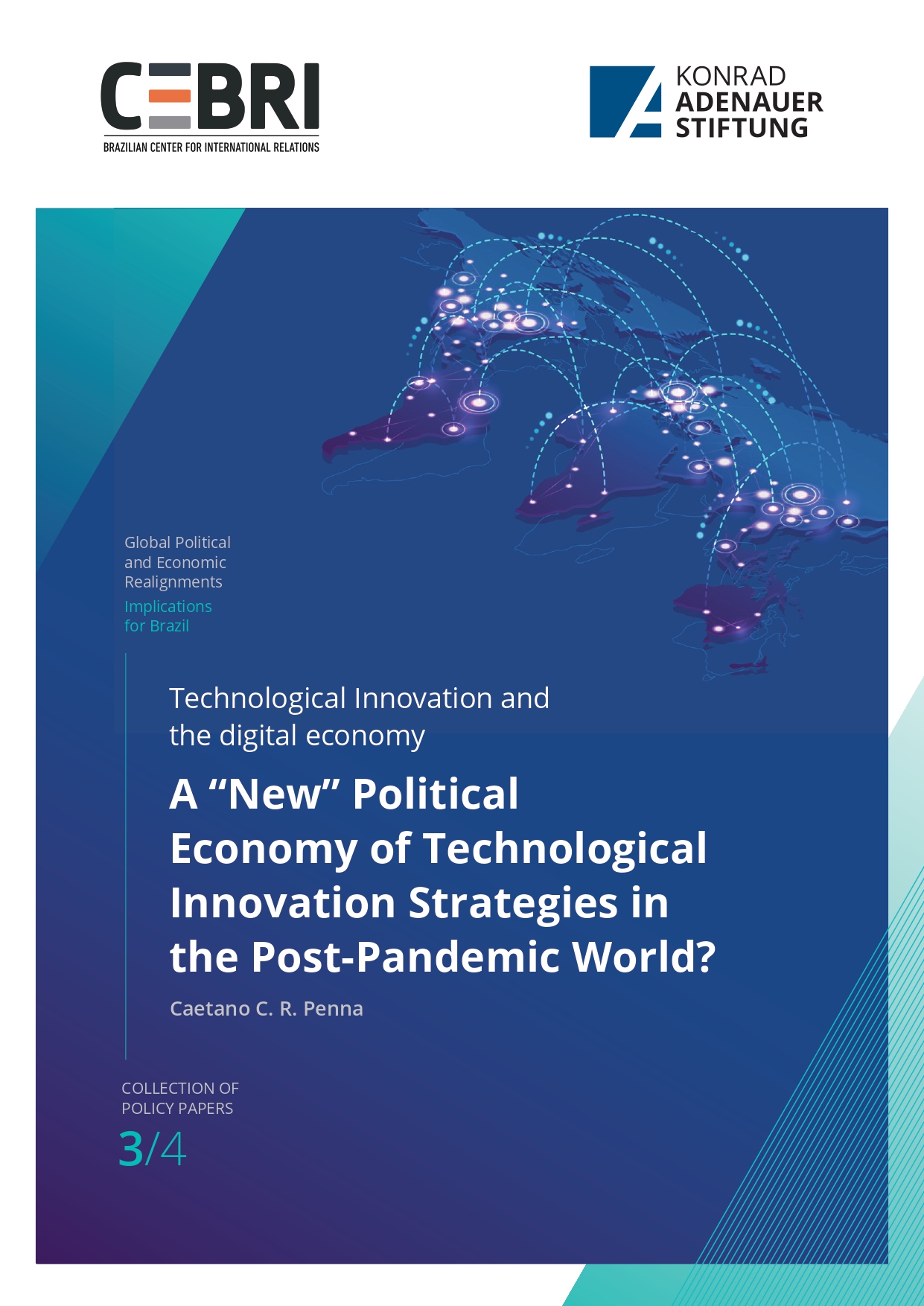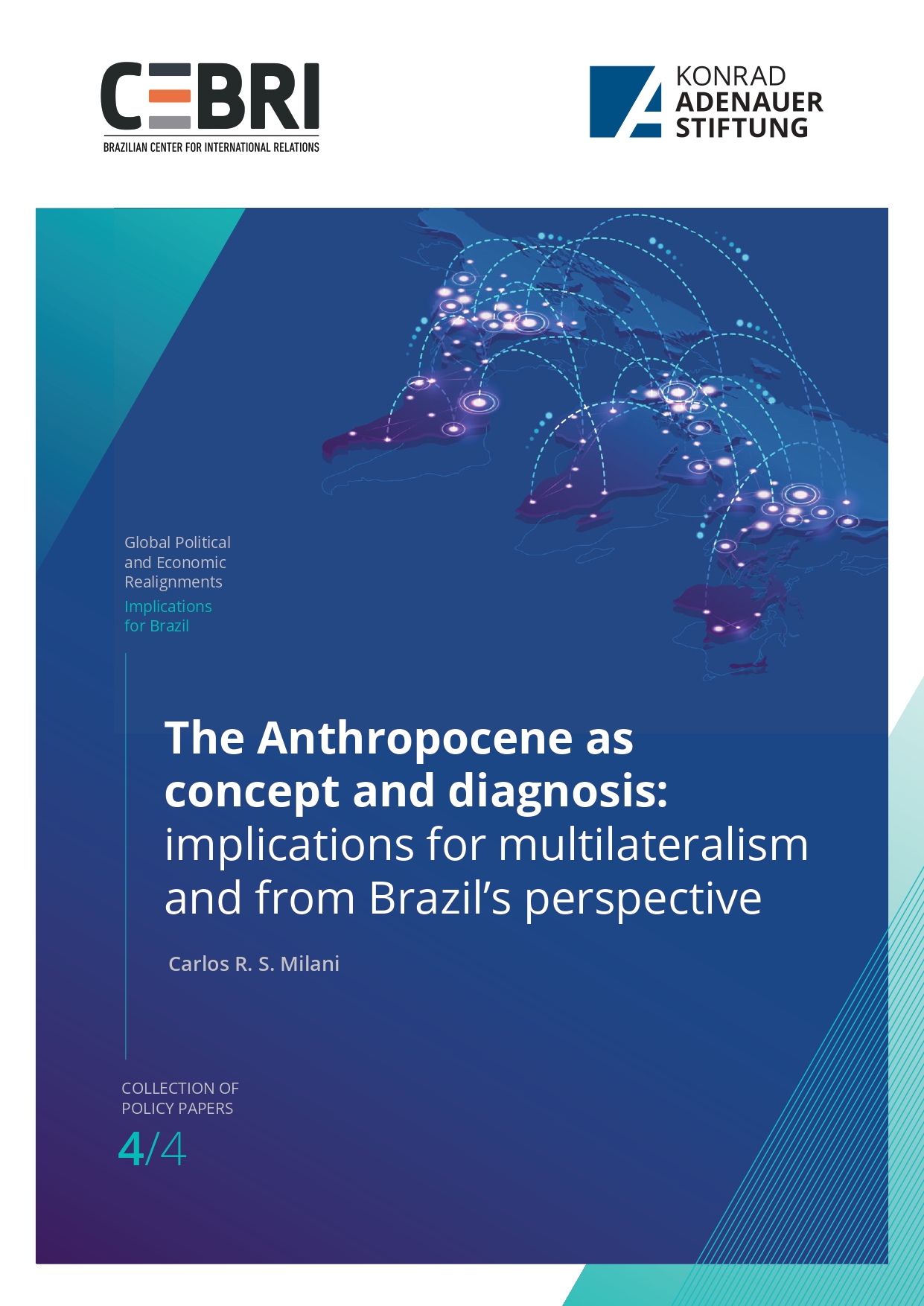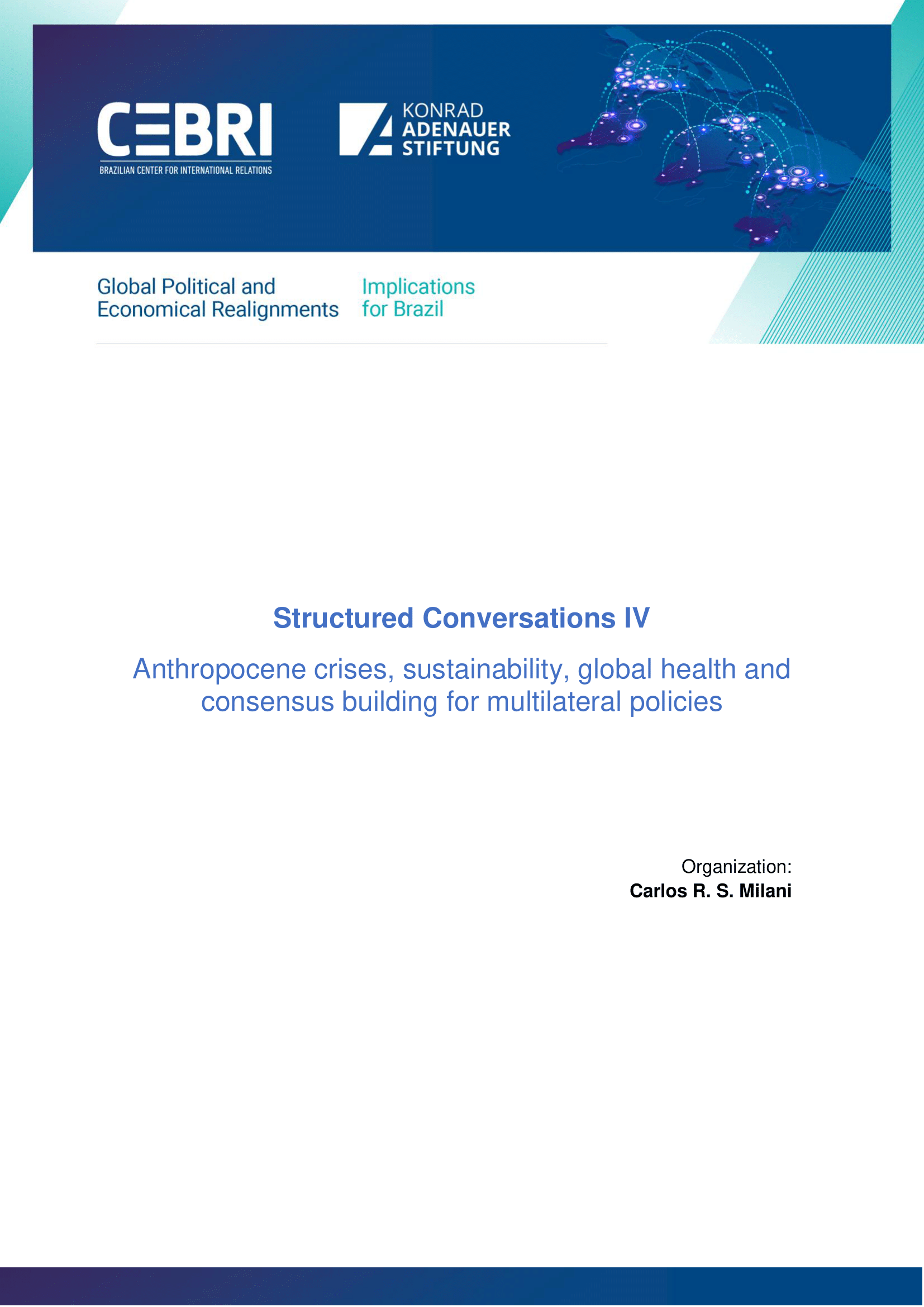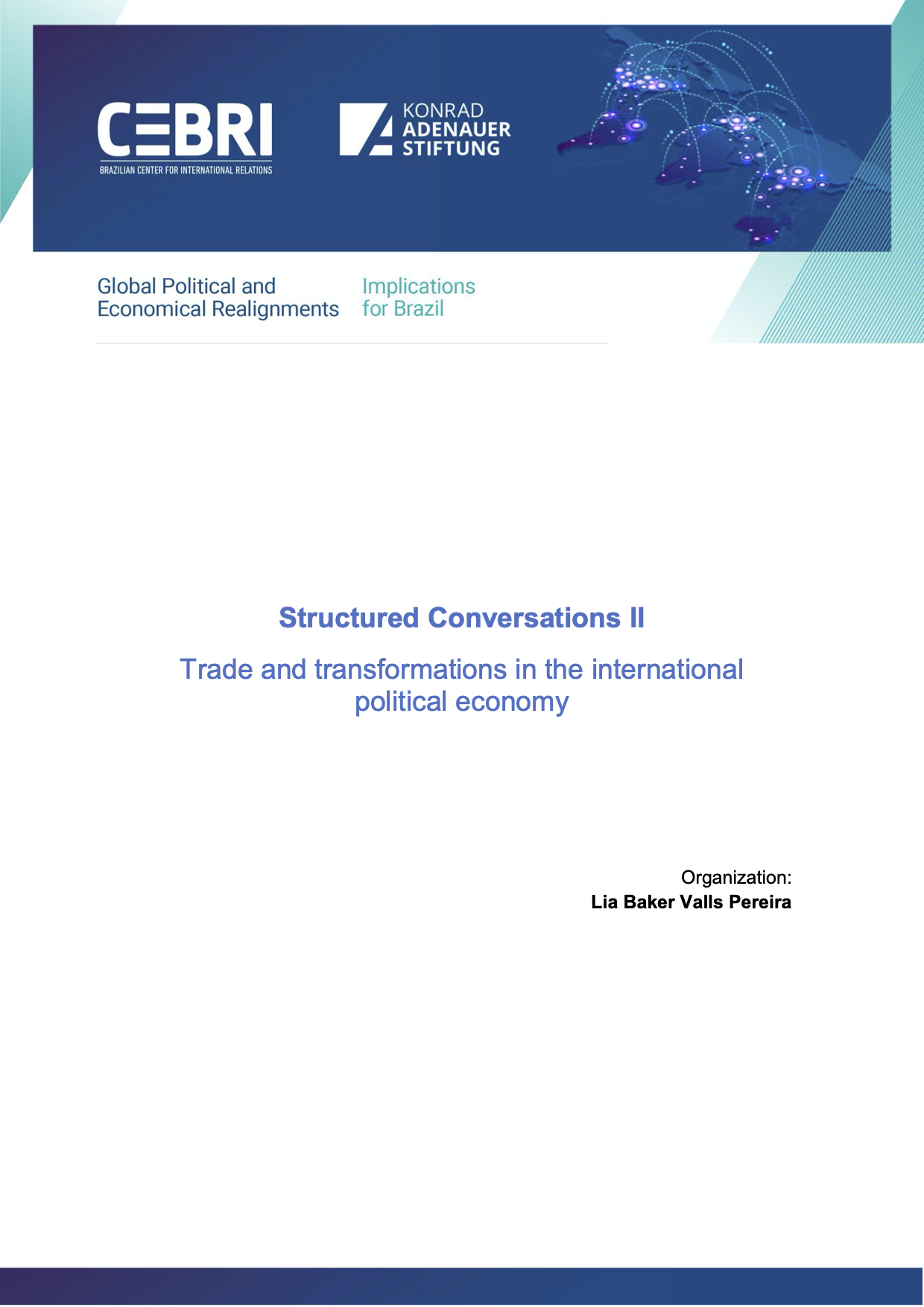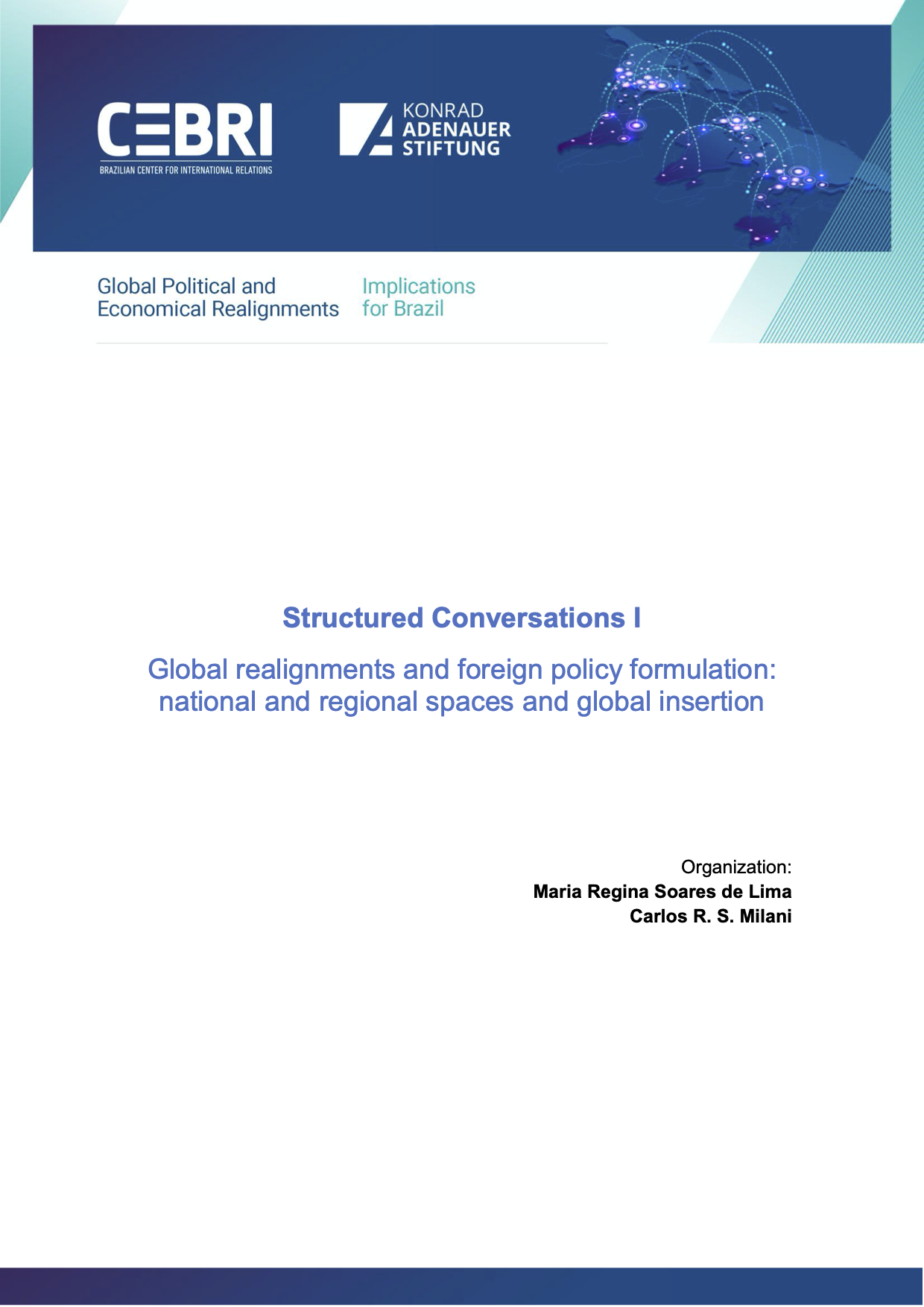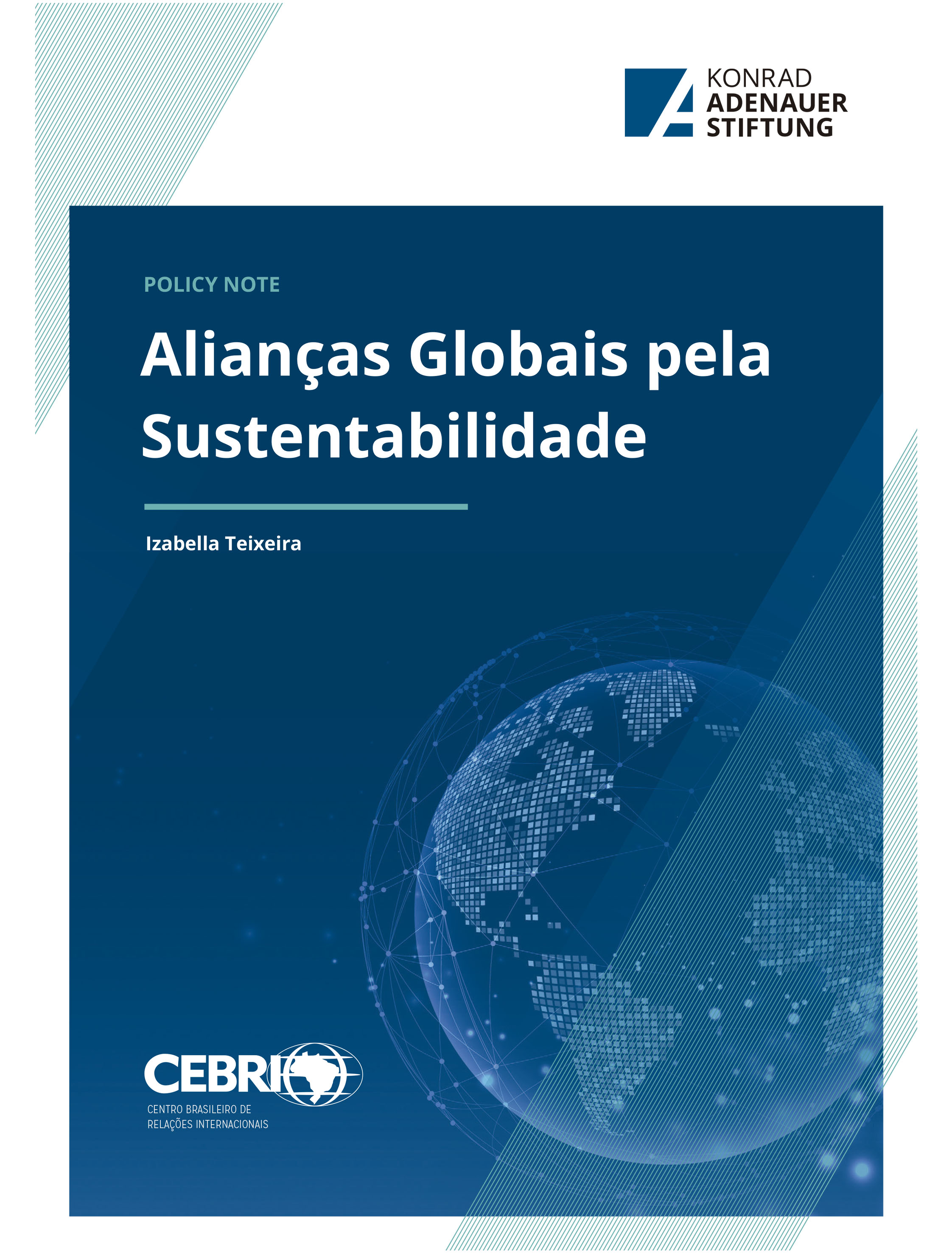Interviews
Structured Conversations III: Technological Innovation and the Digital Economy
- Multilateralism
- 22 december 2021
These structured conversations contribute to the third topic of the CEBRI-KAS 2021 project. A starting point to the discussion is the fact that public policies for sustainable economic growth are synonymous with technological innovation policy, particularly focused on the digital transformation of the economy. While national governments are increasingly deploying industrial strategies to this end ("smart and sustainable industrial policies"), at the global level there is no agreement in place that effectively allows for multilateral regulations, neither of the digital economy nor to promote environmental sustainability. This is indeed a discussion that is still very fragmented. Against this premise, we want to rethink technological options at the local, national, regional, and global levels, as well as the opportunities and constraints that are specific to developing countries like Brazil.
The axis "Technological Innovation and the Digital Economy” was coordinated by Caetano C.R Penna.
Professor Jakon Edler
"The reference frame for solidarity in society seems to be the nation-state – whether we like it or not; I am not making a normative statement here. Covid-19 has proven this to be true."
Dr. Paulo Gala
"At the end of the day, there is a war for standards, because it's not about finding out which standard is best, it's about finding out which standard is best for each country, and each country will try to impose its own standards. It is a disguised and subjective trade dispute."
Dr. Adriano Proença
"The driver that can promote this need for collaboration will be climate change, becuase it is the key issue of our time and its effects on agriculture and other important areas are striking. Climate change can also disrupt Brazil's and other countries’ insertion in the world."
The Structured Conversations I, II and IV are available here, here and here.
These structured conversations contribute to the third topic of the CEBRI-KAS 2021 project. A starting point to the discussion is the fact that public policies for sustainable economic growth are synonymous with technological innovation policy, particularly focused on the digital transformation of the economy. While national governments are increasingly deploying industrial strategies to this end ("smart and sustainable industrial policies"), at the global level there is no agreement in place that effectively allows for multilateral regulations, neither of the digital economy nor to promote environmental sustainability. This is indeed a discussion that is still very fragmented. Against this premise, we want to rethink technological options at the local, national, regional, and global levels, as well as the opportunities and constraints that are specific to developing countries like Brazil.
The axis "Technological Innovation and the Digital Economy” was coordinated by Caetano C.R Penna.
Professor Jakon Edler
"The reference frame for solidarity in society seems to be the nation-state – whether we like it or not; I am not making a normative statement here. Covid-19 has proven this to be true."
Dr. Paulo Gala
"At the end of the day, there is a war for standards, because it's not about finding out which standard is best, it's about finding out which standard is best for each country, and each country will try to impose its own standards. It is a disguised and subjective trade dispute."
Dr. Adriano Proença
"The driver that can promote this need for collaboration will be climate change, becuase it is the key issue of our time and its effects on agriculture and other important areas are striking. Climate change can also disrupt Brazil's and other countries’ insertion in the world."
The Structured Conversations I, II and IV are available here, here and here.
